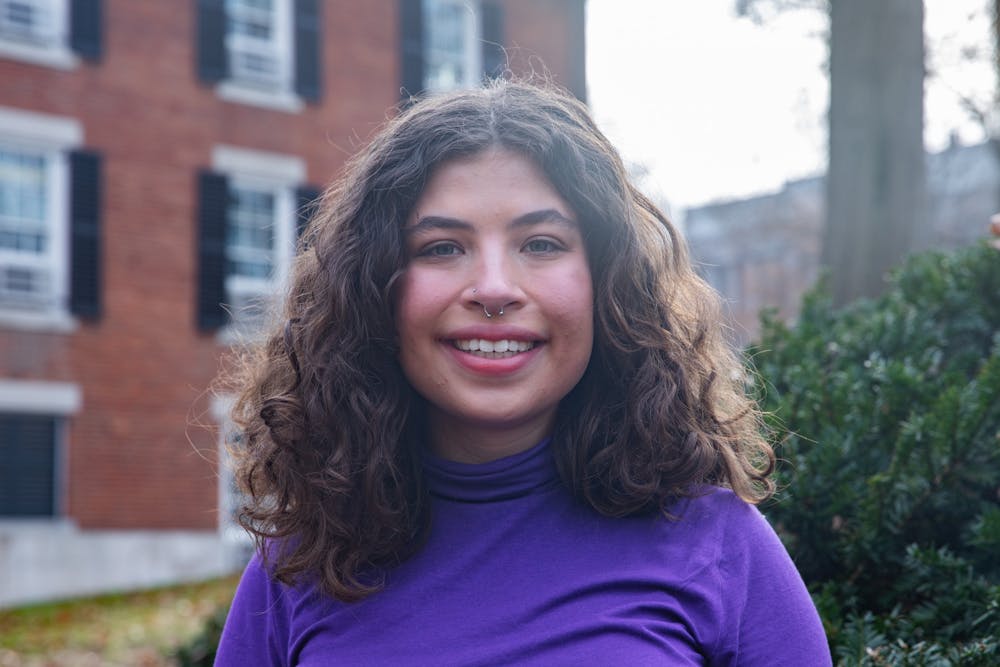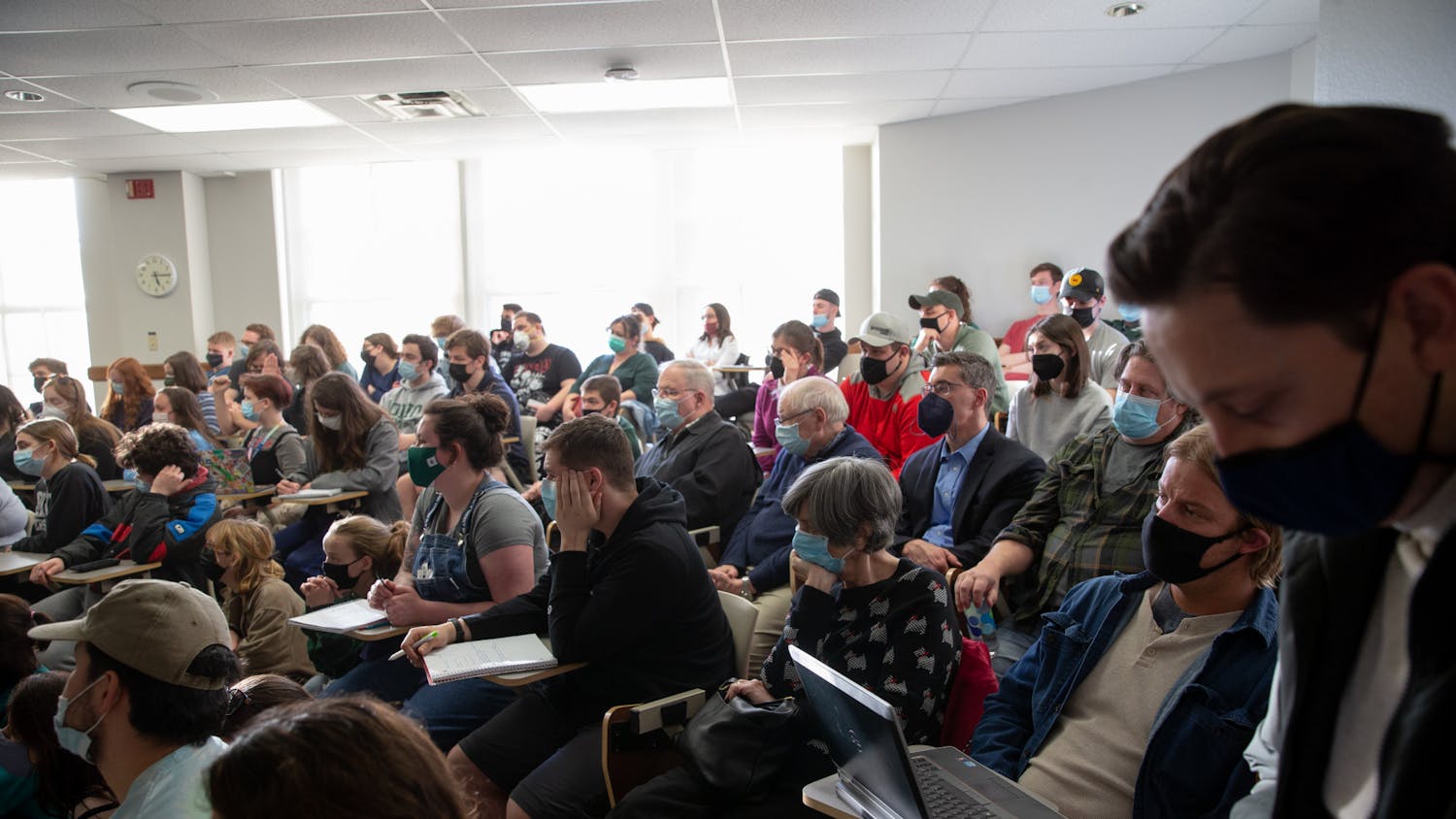Ukrainian President Volodymyr Zelenskyy has made waves over the past week for his courage in the face of the Russian invasion. His effort in joining the combat and his rejection of an offer to evacuate has become the face of the pro-Ukraine movement. Zelenskyy’s “I need ammunition, not a ride” has become a rallying cry, and he has garnered a sort of influencer-esque status online. This has glorified the war and has grown the international support for Ukraine, but Zelenskyy’s bravery has had another interesting effect: it has changed the perception of Jewish people in Eastern Europe.
The Jewish people have not enjoyed a lot of popularity in Eastern Europe. The Holocaust was preceded by a long campaign led by the Nazi party to convince the public that Jewish people were an inferior class of human beings. Jews were portrayed as having almost every negative trait under the sun. To the Nazis, Jews were both powerful and power-hungry — conspiring to control governments and invoke crises — as well as spineless and weak, unable to rule themselves or to be ruled at all, parasitic and lazy and powerful but, above all, a problem.
In addition to the conspiracies of the Nazis, antisemitic sentiment has continued, pushing Jewish people to emigrate from Eastern Europe. In Ukraine, specifically, the country is largely seen as being a place that has long-held radical antisemitic beliefs, with Bogdan Chmielniki, a Cossack hetman credited with beginning an uprising for Ukraine’s independence, killing more than 100,000 Jewish people in 1648 and Symon Petlyur, supreme commander of Ukraine’s army and the president of the Ukrainian People’s Republic, killing more than 35,000 from 1917 to 1921.
Also, around the time of World War I, more than 1,000 pogroms, which are violent riots against Jews, were carried out in the country. Chmielniki, Petlyura and Stepan Bandera, a Nazi collaborator who murdered 40,000 Jews, are all celebrated as heroes in Ukraine to this day.
Chmielniki has a statue of him on horseback and is featured on Ukrainian currency, Bandera has a rally in his honor on his birthday, and Petlyura’s writings are read annually at Kyiv University on the anniversary of his assassination.
Clearly, Ukraine has had a long history of antisemitism. However, the Eastern European nation has one of the lowest rates of antisemitism compared to its other Eastern European neighbors. But this is still compared to the area that it is in, an area of the world with a long and public history of antisemitism.
During this past Hanukkah, three menorahs that were set up by the local Chabad centers were knocked over, and some were tossed in the river. The Jewish communities of Ukraine experience similar incidents like this frequently, incidents that are not necessarily violent but are extremely unpleasant. Issues such as swastikas defacing memorials for famous Ukrainian Jews and Holocaust victims are among some of these unpleasant incidents as well, making Ukraine “safe” but not enjoyable for Jewish people to live in.
But President Zelenskyy is changing this narrative that Jews are weak, parasitic and can easily be preyed on.
In response to Russian President Vladimir Putin’s claim that he is participating in the “denazification” of Ukraine, Zelenskyy said, “How can I be a Nazi? Explain it to my grandfather, who went through the entire war in the infantry of the Soviet army, and died a colonel in an independent Ukraine.”
Zelenskyy lost three great-uncles in the Holocaust as well.
The Ukrainian president has not shied away from embracing his Jewish heritage, and his outrage at Putin’s remarks is just one example of such.
The Ukrainian president seems to embody the Jewish concept of “kiddush HaShem,” which means that every action that a Jew does is representative of Judaism as a whole. Zelenskyy is making a kiddush HaShem because of his newfound hero status. In the face of adversity, the proud Jewish president is showing his bravery.
Although Zelenskyy says he did not grow up religious, as there was no religion allowed under Soviet rule, he does make a point of his Jewishness and, in doing so, becomes a hero for not only Ukraine but also Jewish people worldwide.
Despite common antisemitic incidents in addition to the long history of murderous antisemitism, Ukraine has a Jewish president. President Zelenskyy has altered the narrative of Ukraine as a victim and has made the country into a beacon of resistance to imperialism.
Ultimatley, Zelenskyy’s Jewishness and bravery provides a strong push that will quash Eastern European antisemitism.
Hadass Galili is a junior studying political science pre-law at Ohio University. Please note that the views and opinions of the columnist do not reflect those of The Post. Do you agree? Tell Hadass by tweeting her at @HadassGalili.






